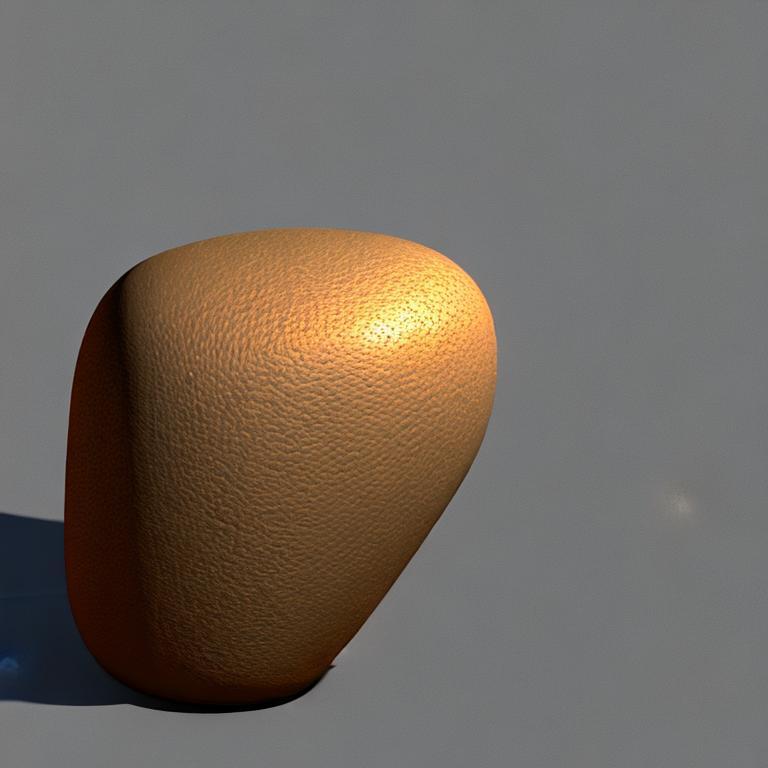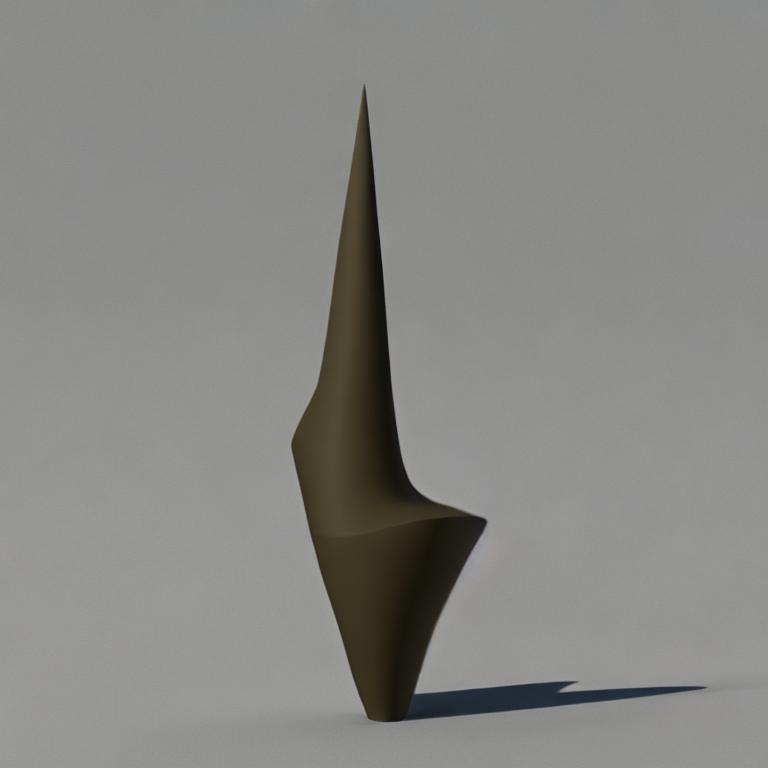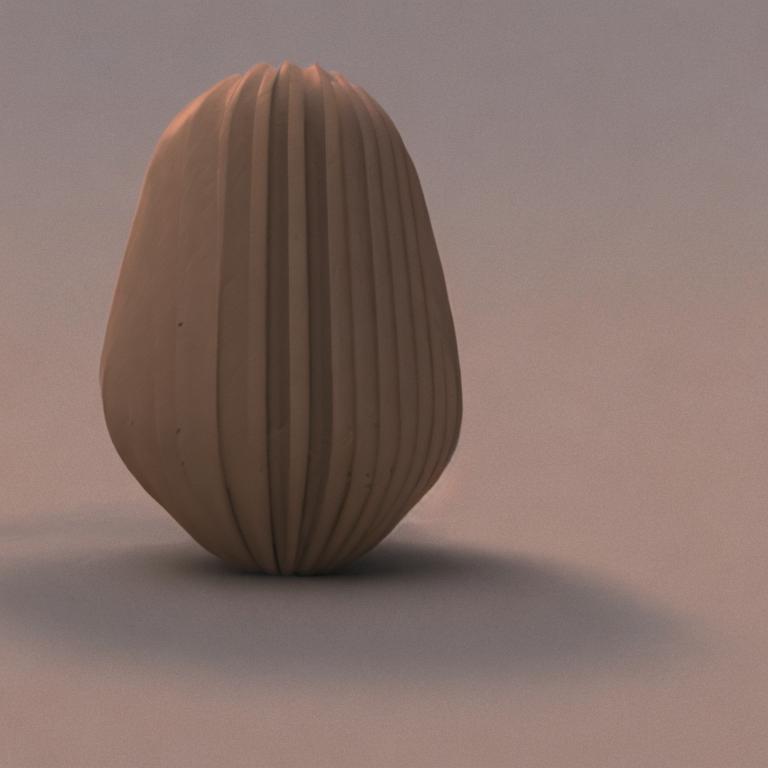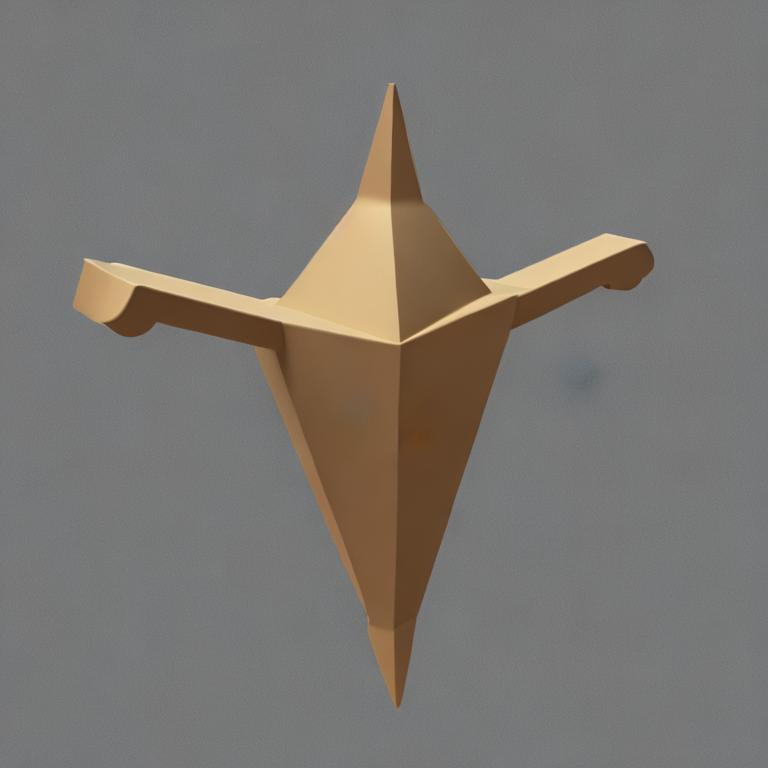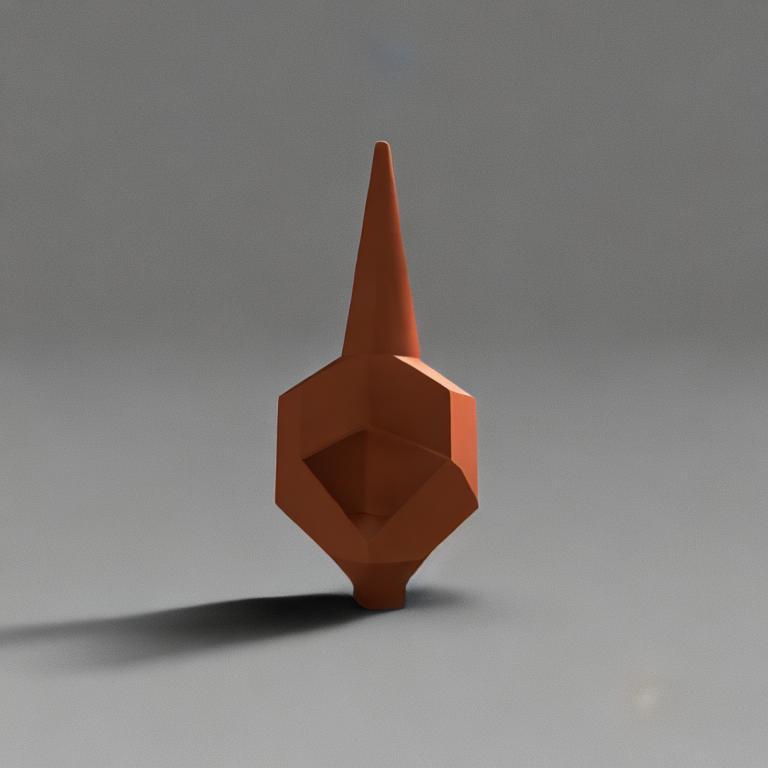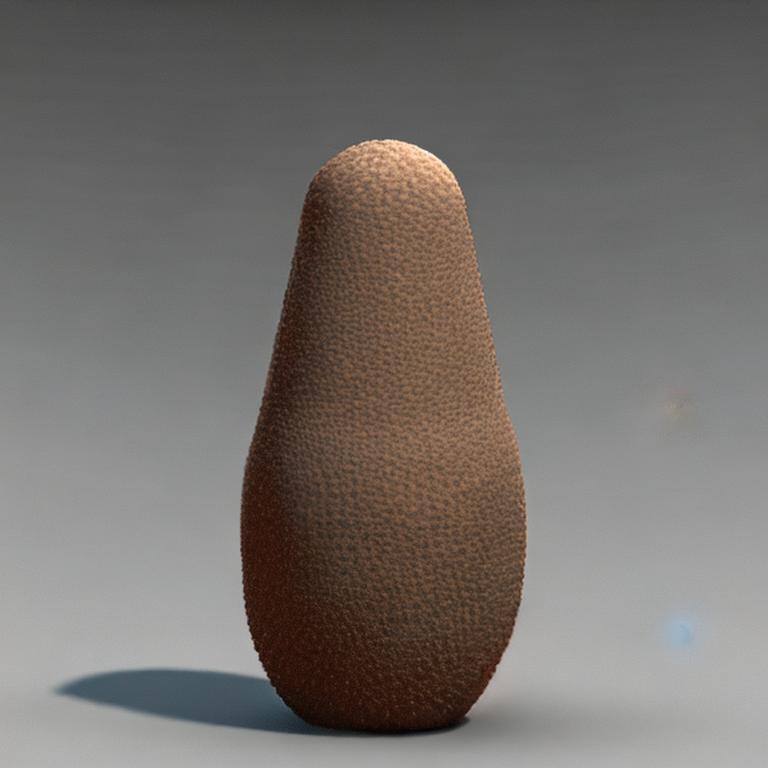Kiki or Bouba?
Sound Symbolism in Vision-and-Language Models
NeurIPS 2023 ✨SPOTLIGHT✨
Text-to-image generations from prompts with "kiki" or "bouba".
Which images were generated with "kiki" and which with "bouba"?
(Hover to see the answers.)
TL;DR: Psychological experiments have shown that humans tend to associate certain speech sounds with certain visual shapes. We ask: What about AI models for tasks like text-to-image generation? By generating images using prompts containing pseudowords (nonsense words) and analyzing their shapes, we show that AI image generation models also show sound-shape associations.
